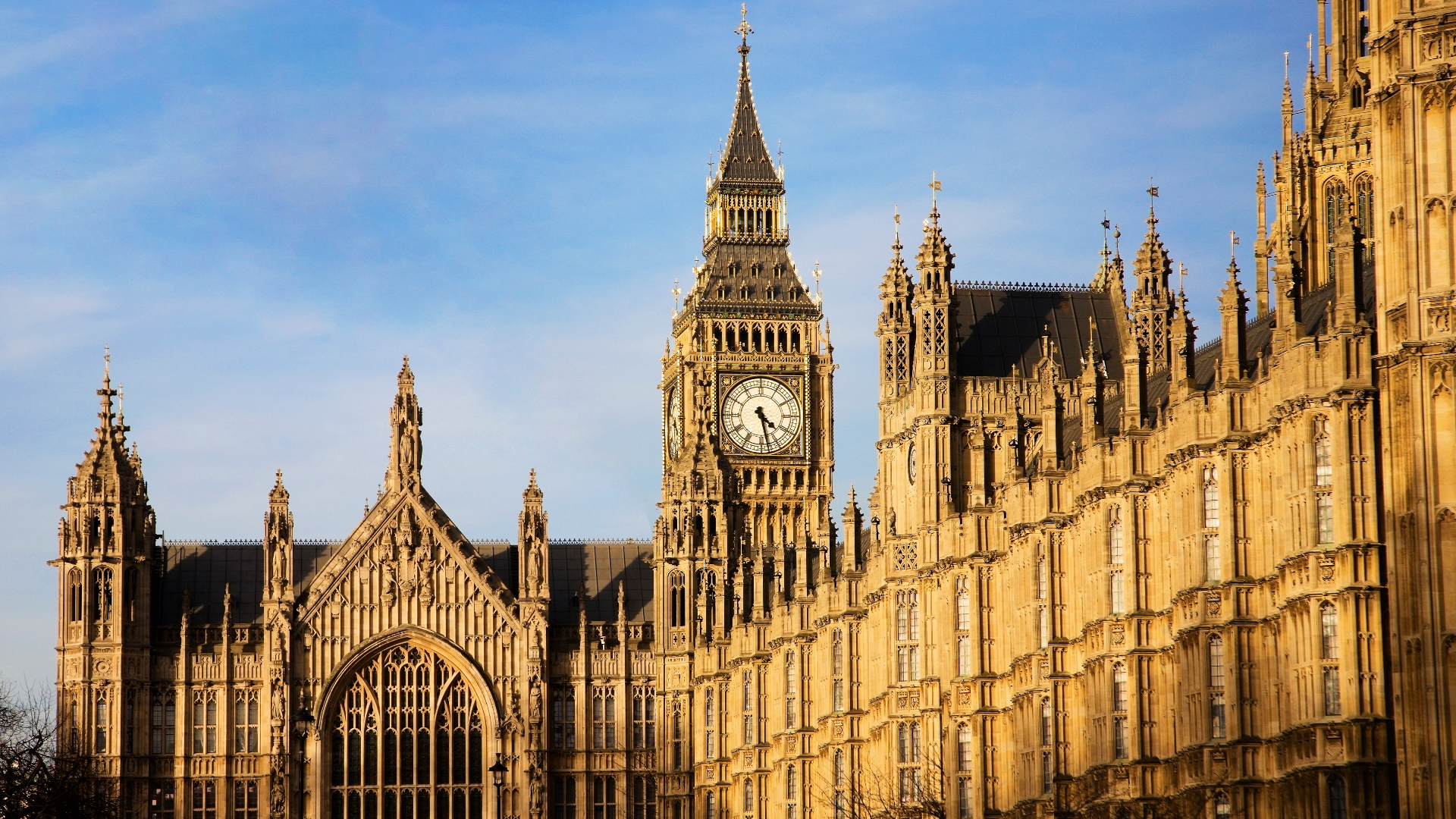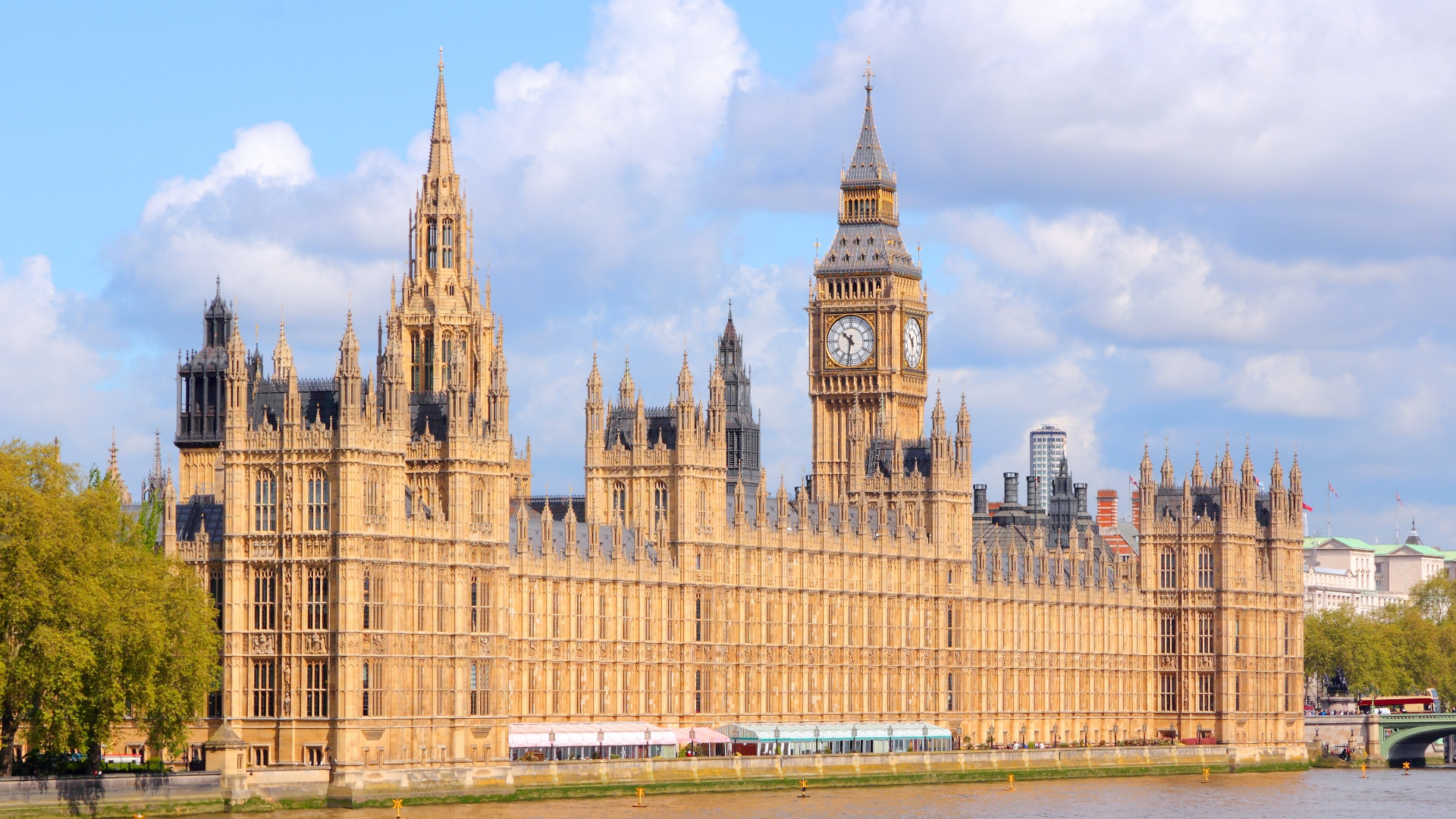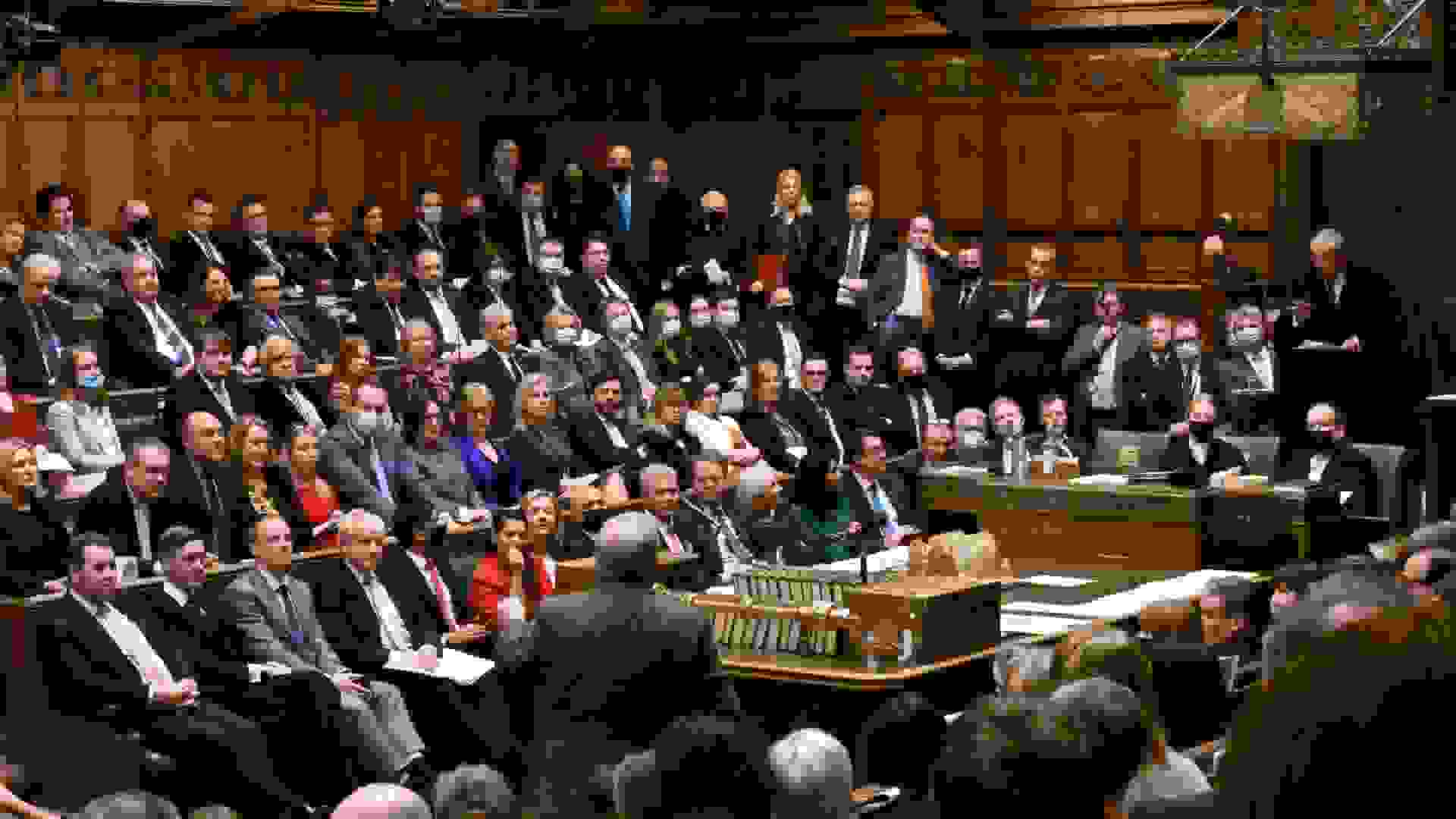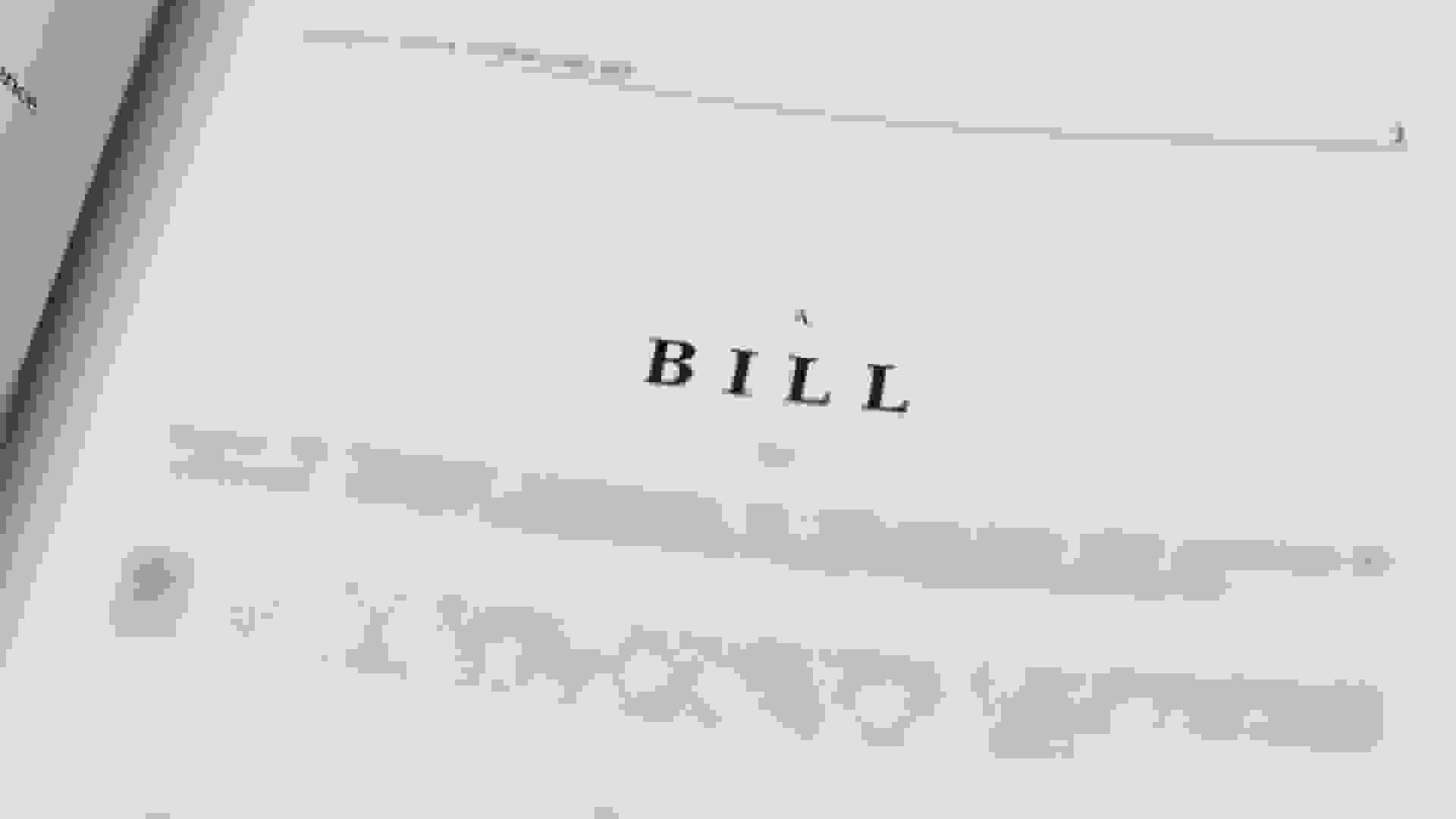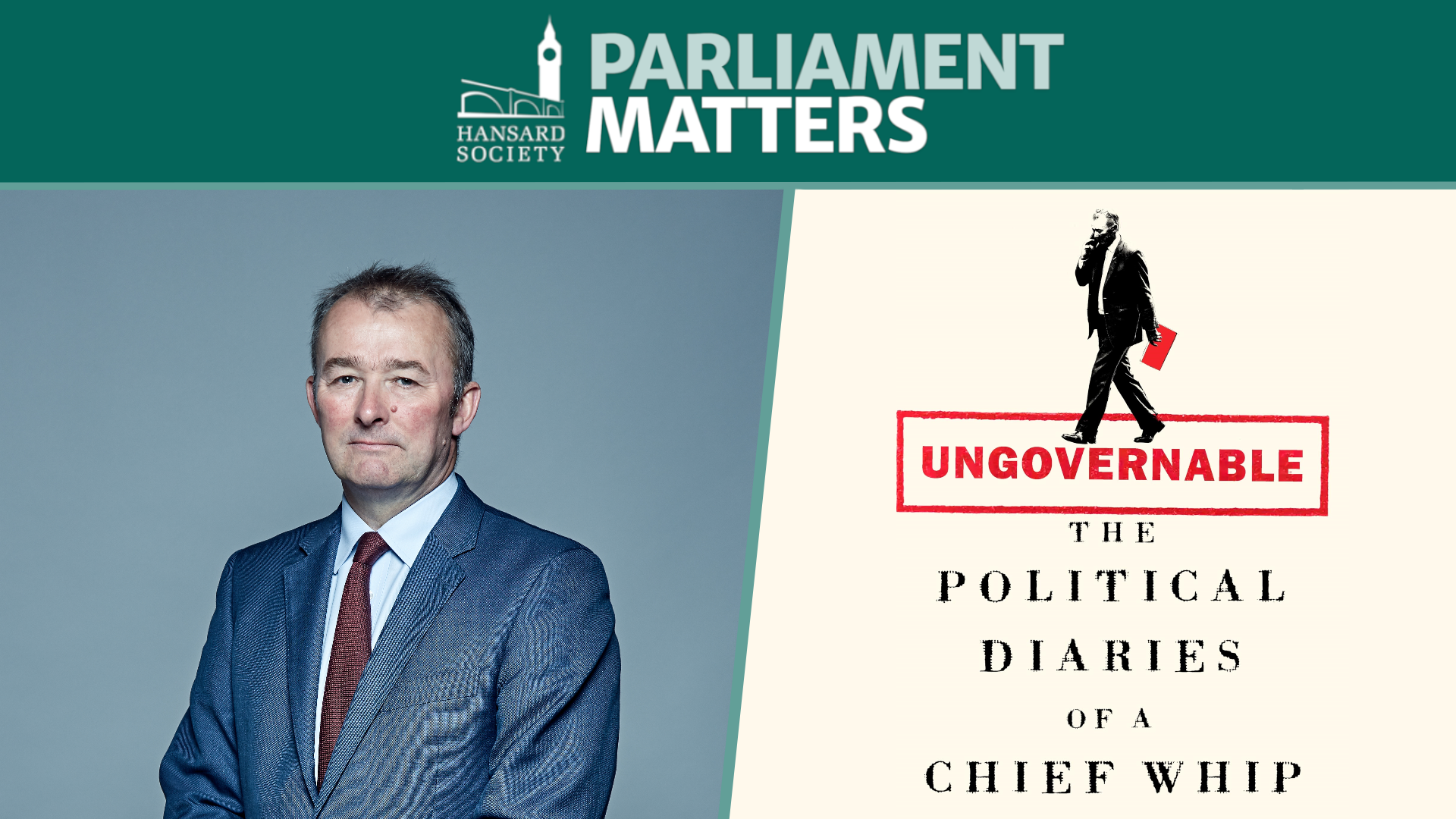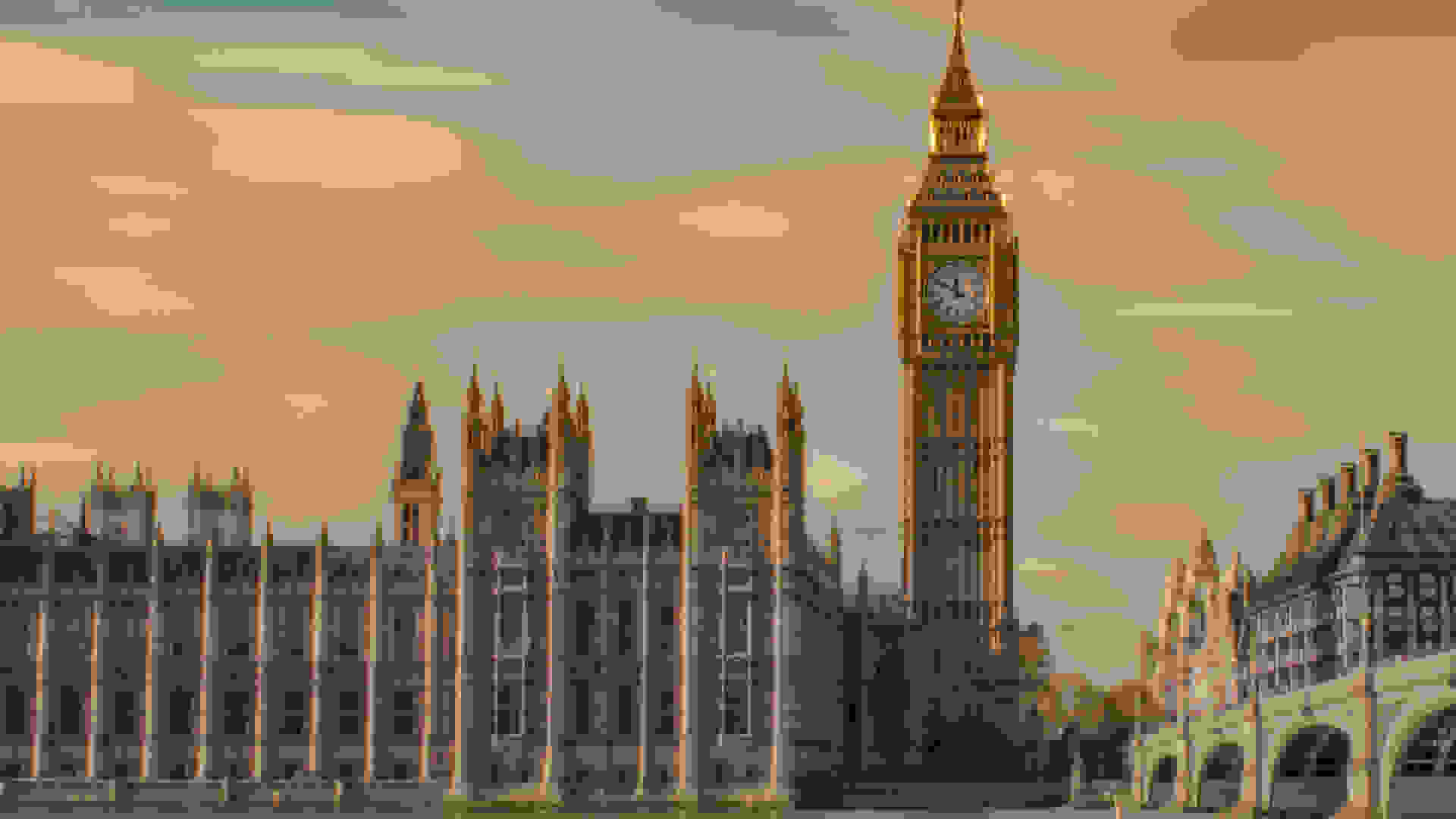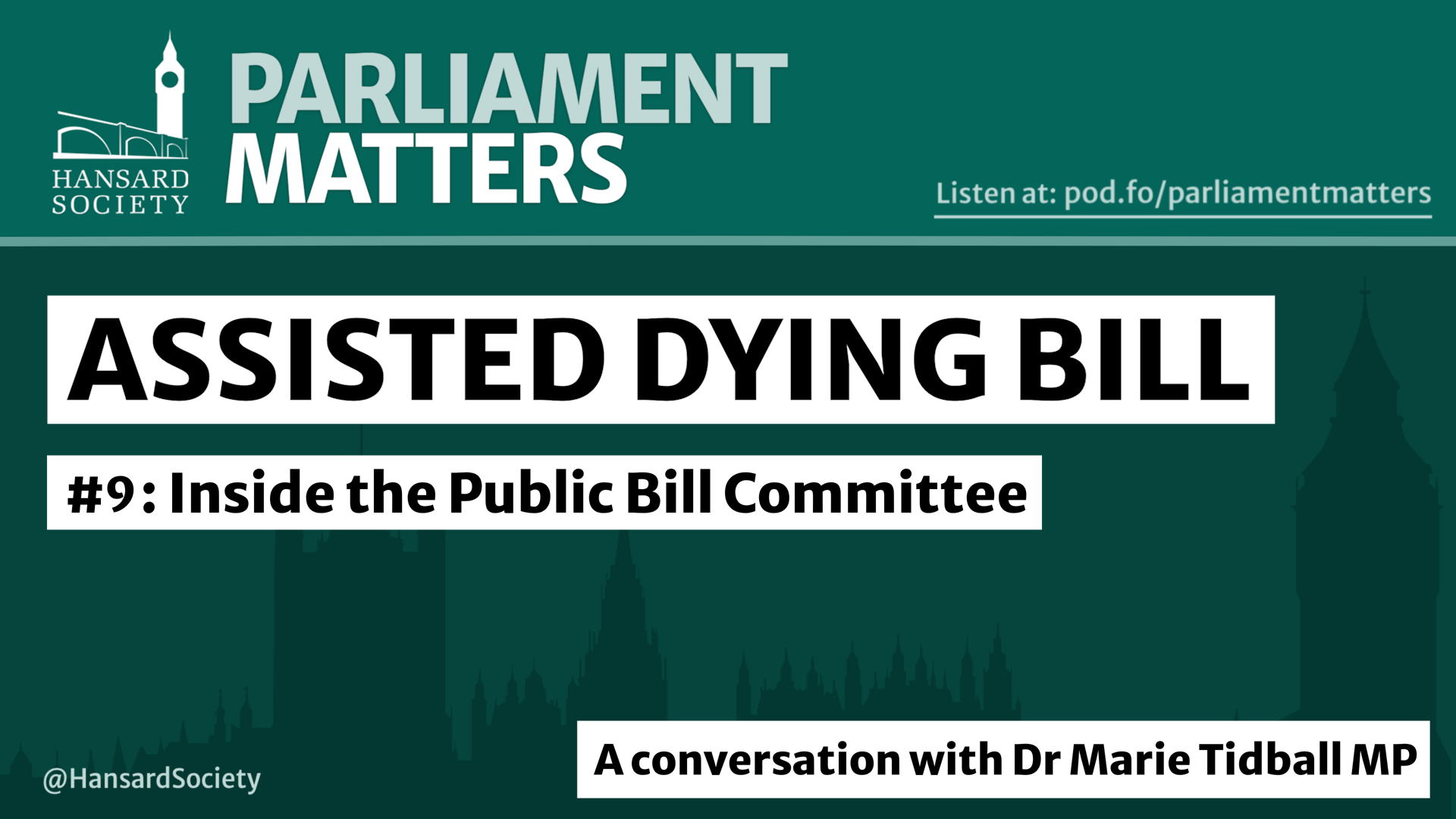Blog / Creeping ministerial powers: the example of the Tobacco and Vapes Bill
The Government’s flagship Tobacco and Vapes Bill will ban the sale of tobacco to anyone born after 2009. The genesis of the delegated powers in the Bill – dating back a decade - tells an important story about the way in which incomplete policy-making processes are used by Ministers to seek ‘holding’ powers in a Bill, only for that precedent to then be used to justify further, broader powers in subsequent Bills. This ‘creeping’ effect in the legislative process undermines parliamentary scrutiny of ministerial action.

